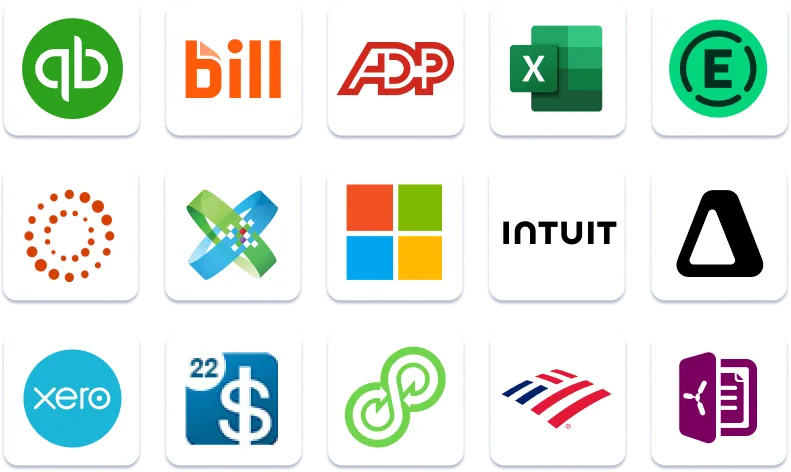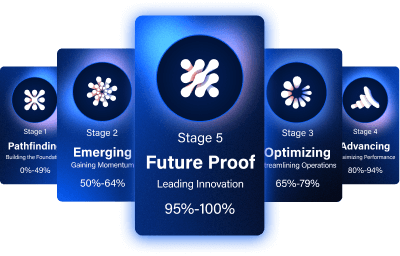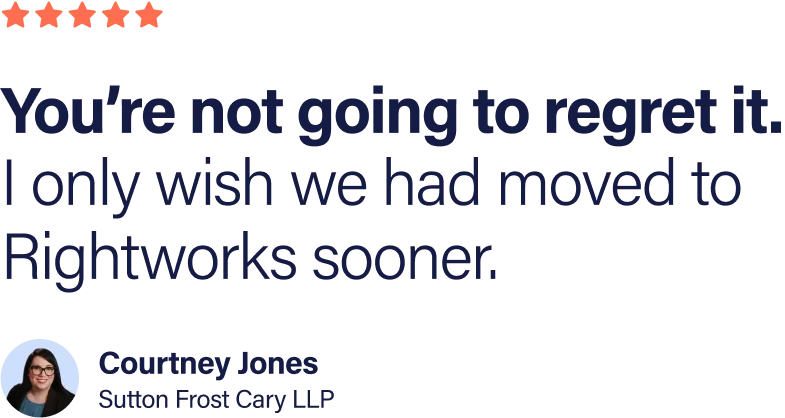Today’s accounting clients want more than technical expertise—they’re seeking a true strategic partner. Whether you’re looking to improve already-great meetings or transform your client conversations from routine check-ins to strategic business-building sessions, this post is for you.
By incorporating some of the 28 questions listed below, you’ll gain deeper insights and position your firm for additional advisory services, all while cultivating profitable, productive client relationships.
What Does “Strategic Questioning” Have to Do With Accounting?
Before diving into the questions, let’s understand why this approach is essential. Strategic questioning:
- Positions your firm as a proactive advisor rather than a reactive service provider.
- Uncovers opportunities for additional services beyond compliance work.
- Demonstrates your commitment to your clients.
- Strengthens relationships by showing you understand their unique challenges.
Now, let’s explore the 7 categories of questions that will elevate your client relationships:
- Understand your client’s business vision.
- Uncover pain points and opportunities.
- Explore decision-making processes.
- Assess technology and process efficiency.
- Evaluate tax planning awareness.
- Explore growth and transition planning.
- Assess relationship satisfaction.
28 Questions Every Accountant Should Ask Their Client
1. Questions to understand your client’s business vision.
These questions align your services with their goals and identify advisory opportunities beyond compliance work:
- What does success look like for your business in the next one to three years?
- Which parts of your business are you most excited about growing?
- What concerns you most about achieving your financial goals?
- How do you currently measure success beyond bottom-line profit?
2. Questions to uncover pain points and opportunities.
Pain points reveal immediate service opportunities and demonstrate your interest in solving problems that are top-of-mind:
- Which financial tasks consume too much of your team’s time?
- What financial information do you wish you had when making decisions?
- How confident are you in your current cash flow management?
- Which aspects of your financial reporting would you like to know more about?
3. Questions to explore decision-making processes.
Understanding how clients make decisions helps you deliver more relevant insights and positions you as part of their strategic team:
- How do you currently evaluate potential investments or major purchases?
- Who participates in financial decisions within your organization?
- What financial metrics do you review most frequently when making decisions?
- What was the last difficult financial decision you faced, and what information would have made it easier?
4. Questions to assess technology and process efficiency.
Technology-related questions often uncover consulting and process-improvement opportunities:
- How satisfied are you with your current accounting technology?
- What manual processes do you think could benefit from automation?
- How seamlessly does financial data flow between your different business systems?
- How confident are you in your financial data security and backup systems?
5. Questions to evaluate tax planning awareness.
These questions highlight potential tax planning services while establishing you as a proactive advisor:
- When during the year do you typically discuss tax strategy?
- What tax-related surprises have you encountered in past years?
- How do you currently evaluate the tax implications of business decisions?
- How much time do you spend preparing for tax filings throughout the year?
6. Questions to explore growth and transition planning.
Forward-looking questions position you to provide advice in succession planning, valuation services, and strategic advisory work.
- What keeps you up at night when thinking about your business’s future?
- What’s your ideal exit timeline and strategy for the business?
- What financial barriers might prevent you from scaling operations?
- How prepared is your business for potential market disruptions or economic downturns?
7. Questions to assess relationship satisfaction.
Feedback questions demonstrate your commitment to continuously improving the relationship:
- How can we change our service delivery to make your life easier?
- What additional information or insights would make our regular reports more valuable to you?
- How well do we currently balance providing technical details versus actionable insights?
- What service have we provided that has been most valuable to your business?
Tips for Using These Questions Successfully
To make the most of these strategic questions:
- Choose the right time: Schedule dedicated strategic conversations with your clients outside of compliance deadlines. Start with a few questions at a time.
- Document effectively: Enlist your AI notetaker, create an agenda for each meeting, and systematically track insights over time.
- Follow up on action items: Turning information into appropriate actions will differentiate yourself from competitors. (And even more importantly, it shows that you’re actively listening and invested in the relationship.)
- Listen more than you speak: Allow comfortable silence after asking questions so clients can think and respond thoughtfully.
Improve Your Client Relationships With Community
Ready to elevate your client conversations? Join Rightworks Community for tools, resources, and peer support designed to strengthen your advisory skills and transform your client relationships. Your next client meeting could be the beginning of a more valuable partnership for everyone involved.





